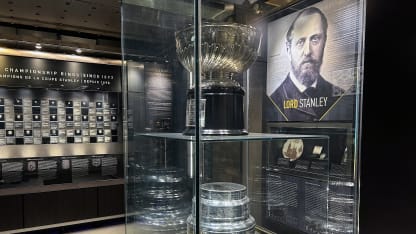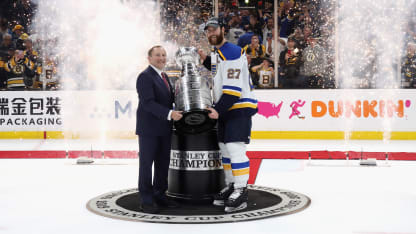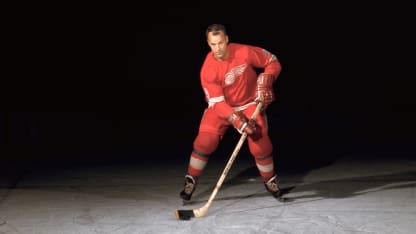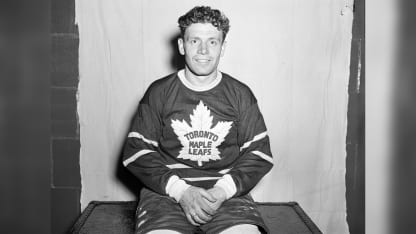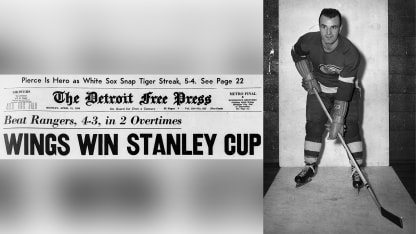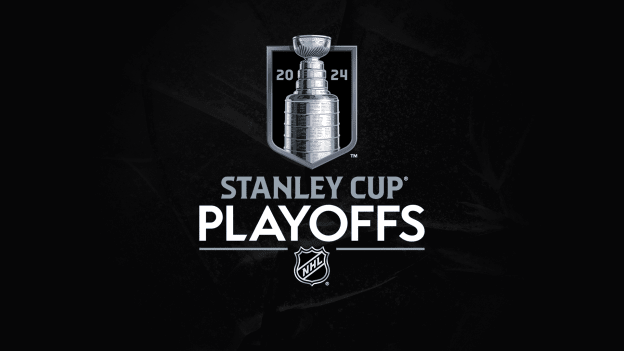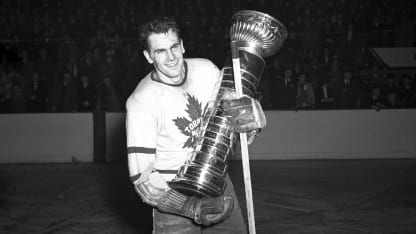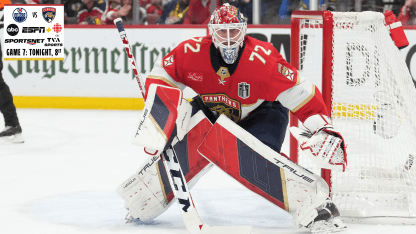The Stanley Cup is won in Game 7 of wonderfully unstructured all-day shinny, the outdoor ice thick with the snow of scratching skates, a scrape with rinkside shovels a waste of time and energy.
It is won on the street, every asphalt match considered Game 7, flimsy nets pulled aside to the holler of “Car!”, the driver an inconvenient interruption as the clock ticks down to the final siren that often is the call of someone’s mother announcing that it’s suppertime.
The Stanley Cup is won in the Game 7 dreams of boys and girls, in the fantasy of a beer-leaguer, in the imagination of a coach guiding peewees or professionals.
On Monday, hockey’s most coveted trophy will be won by the Florida Panthers or Edmonton Oilers in the 18th sudden-victory, sudden-death Stanley Cup Final Game 7 in NHL history (8 p.m. ET; ABC, ESPN+, SN, TVAS, CBC).
